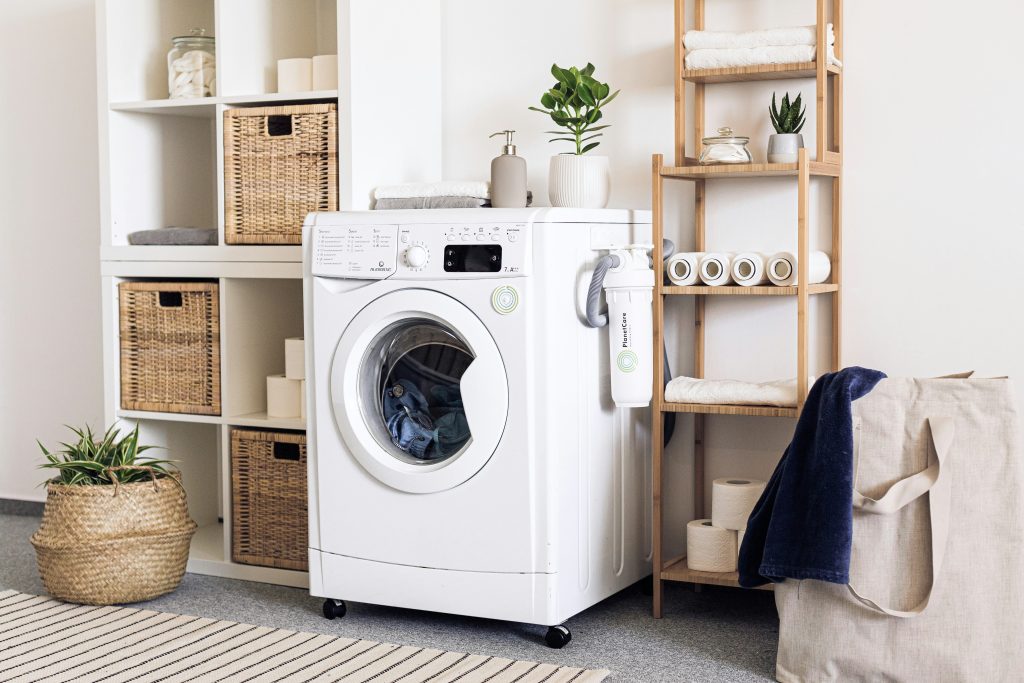How to Prevent Common Appliance Failures

Introduction
Imagine it’s a busy Monday morning. You’re rushing to get ready for work when suddenly, your refrigerator starts making a strange noise and stops cooling. Panic sets in as you think about the food that might spoil and the potential repair costs. Dealing with a broken appliance can be incredibly frustrating and costly. Fortunately, there are practical steps you can take to prevent these common failures. This blog post aims to provide you with essential tips for maintaining your appliances, ultimately saving you from expensive repairs and the hassle of unexpected breakdowns.
Common Appliance Issues and Their Causes
Appliances are essential to our daily lives, but they can encounter various issues over time. Here are some frequently reported appliance failures and their common causes:
-
Refrigerators: A common problem is when a refrigerator stops cooling, often due to dirty coils or a malfunctioning thermostat. Regular cleaning of the coils can prevent this issue.
-
Washing Machines: Leaks are a frequent complaint, often caused by worn hoses or a clogged drain. Regularly inspecting hoses can help catch these issues early.
-
Dryers: Reduced drying efficiency is often due to clogged lint traps or venting systems. Cleaning the lint trap after every use is crucial for safety and efficiency.
-
Ovens: Ovens may fail to heat properly due to faulty heating elements or thermostat issues. Regular checks can help identify these problems before they escalate.
-
Dishwashers: Drainage issues are common, often caused by clogs in the filter or drain hose. Regular cleaning of these components can prevent backups and inefficiencies.
Understanding these common issues and their causes is the first step in preventing appliance failures.
Essential Maintenance Practices for Longevity
Regular maintenance is key to extending the life of your appliances. Here are some essential practices to incorporate into your routine:
-
Cleaning: Regularly clean the filters in your appliances. For example, cleaning the lint trap in your dryer after every use can prevent overheating and potential fire hazards.
-
Inspection: Periodically inspect seals and hoses for wear and tear. For instance, checking the washing machine hoses every six months can help prevent leaks.
-
Deep Cleaning: Schedule deep cleaning for appliances like dishwashers and refrigerators. Running a cleaning cycle in your dishwasher once a month can help maintain efficiency.
By establishing a regular maintenance schedule, you can significantly reduce the risk of appliance failures.
Best Practices for Using Your Appliances
Proper usage of appliances is just as important as maintenance. Here are some best practices to follow:
-
Follow Manufacturer Guidelines: Always adhere to the manufacturer’s instructions for operation and maintenance. This ensures that you’re using the appliance as intended, which can prevent misuse-related failures.
-
Avoid Overloading: Do not overload your washing machine or dishwasher. Overloading can strain the motor and components, leading to premature failure.
-
Use Correct Settings: Make sure to use the appropriate settings for different types of cooking in your oven. Using the wrong settings can cause appliances to work harder than necessary, leading to wear and tear.
By following these usage guidelines, you can help ensure that your appliances function efficiently and last longer.
Protecting Appliances from Environmental Factors
Environmental conditions can significantly impact the performance and lifespan of your appliances. Here are some considerations:
-
Humidity and Temperature: High humidity can lead to corrosion, while extreme temperatures can affect the efficiency of appliances. For example, keeping your refrigerator away from heat sources like ovens can help maintain optimal performance.
-
Placement: Ensure that appliances have adequate ventilation. For instance, leaving space around your dryer can prevent overheating and improve efficiency.
-
Optimal Conditions: Create an environment that supports your appliances. Keeping your refrigerator in a cool, dry place can help it operate more efficiently.
By being mindful of environmental factors, you can protect your appliances from unnecessary strain and potential failures.
Recognizing Warning Signs Before It’s Too Late
Being aware of warning signs can help you catch potential appliance issues early. Here are some signs to watch for:
-
Unusual Noises: If your washing machine starts making grinding or clunking sounds, it may indicate a mechanical issue that needs attention.
-
Constant Running: A refrigerator that runs continuously may suggest a problem with the thermostat or seals. Addressing this early can prevent more significant issues.
-
Leaks: Any signs of water leakage from appliances should be addressed immediately, as they can lead to more severe damage.
By recognizing these warning signs, you can take proactive measures to prevent costly repairs.
Knowing When to Call in the Experts
While many appliance issues can be managed with regular maintenance and proper usage, some situations require professional intervention. Here are criteria to consider:
-
Complex Issues: If you encounter complex electrical problems or coolant leaks in your refrigerator, it’s best to call a professional.
-
Safety Concerns: If you notice burning smells or excessive heat from an appliance, seek professional help immediately to avoid safety hazards.
-
Repeated Problems: If an appliance has recurring issues, a professional can provide a thorough diagnosis and solution.
Establishing a relationship with a trusted appliance repair service can save you time and stress when issues arise.
Conclusion
By implementing these preventive measures, you can significantly extend the life of your appliances and avoid costly repairs. Regular maintenance, proper usage, and awareness of warning signs are essential steps in appliance care.

